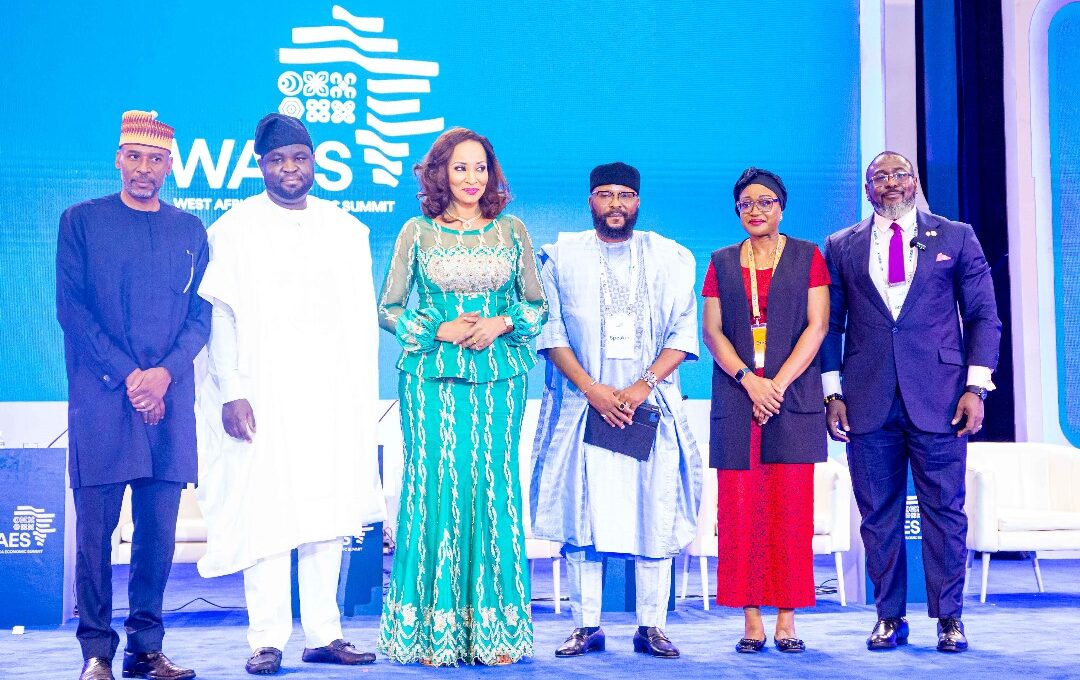The Nigerian Economic Summit Group (NESG) led a dialogue on Friday at the West Africa Economic Summit (WAES) 2025, driving forward the conversation on boosting exports and unlocking investment across the region.
Under the theme “Unlocking Trade and Investment Opportunities in the Region”, the Summit rallied regional leaders, policymakers, business executives, and development partners.
At a panel session titled “Global Competition: Scaling Exports via Industrialisation and Port Reforms,” Dr. Tayo Aduloju, Chief Executive Officer of the NESG, shared practical insights on strengthening Nigeria’s and West Africa’s role in global trade.
He emphasised the significant infrastructure gaps across the region that continue to hinder seamless intra-African trade.
He added:“It remains easier to trade outside the continent than within it,” Dr. Aduloju said. “We must address infrastructure inefficiencies and align the interpretation of trade protocols across borders to unlock regional commerce and competitiveness.”
According to him, beyond policies, a stronger narrative must be built around Africa’s trade and investment potential.
He advocated the need for renewed investments in Special Economic Zones and the development of regional trade corridors, which he described as critical to industrial growth and export diversification.
He stressed the importance of human capital development, noting that Nigeria’s youthful population can only become a true competitive advantage if supported with the right digital and technical skills.
He said: “We must invest in the next generation of innovators, builders, and digital workers,” he remarked, advocating for targeted skills development as a foundation for sustainable industrialisation.
He identified public-private partnerships (PPPs) as essential to identifying and addressing sector-specific infrastructure and industrial gaps. He encouraged the region to explore innovative financing mechanisms, including diaspora engagement, to mobilise capital for transformative growth.
His remarks outlined a threefold strategy for regional competitiveness: closing infrastructure gaps, equipping human capital, and harmonising cross-border policies.
These, he said, must be pursued through deliberate cooperation and coordinated action at both national and regional levels.

